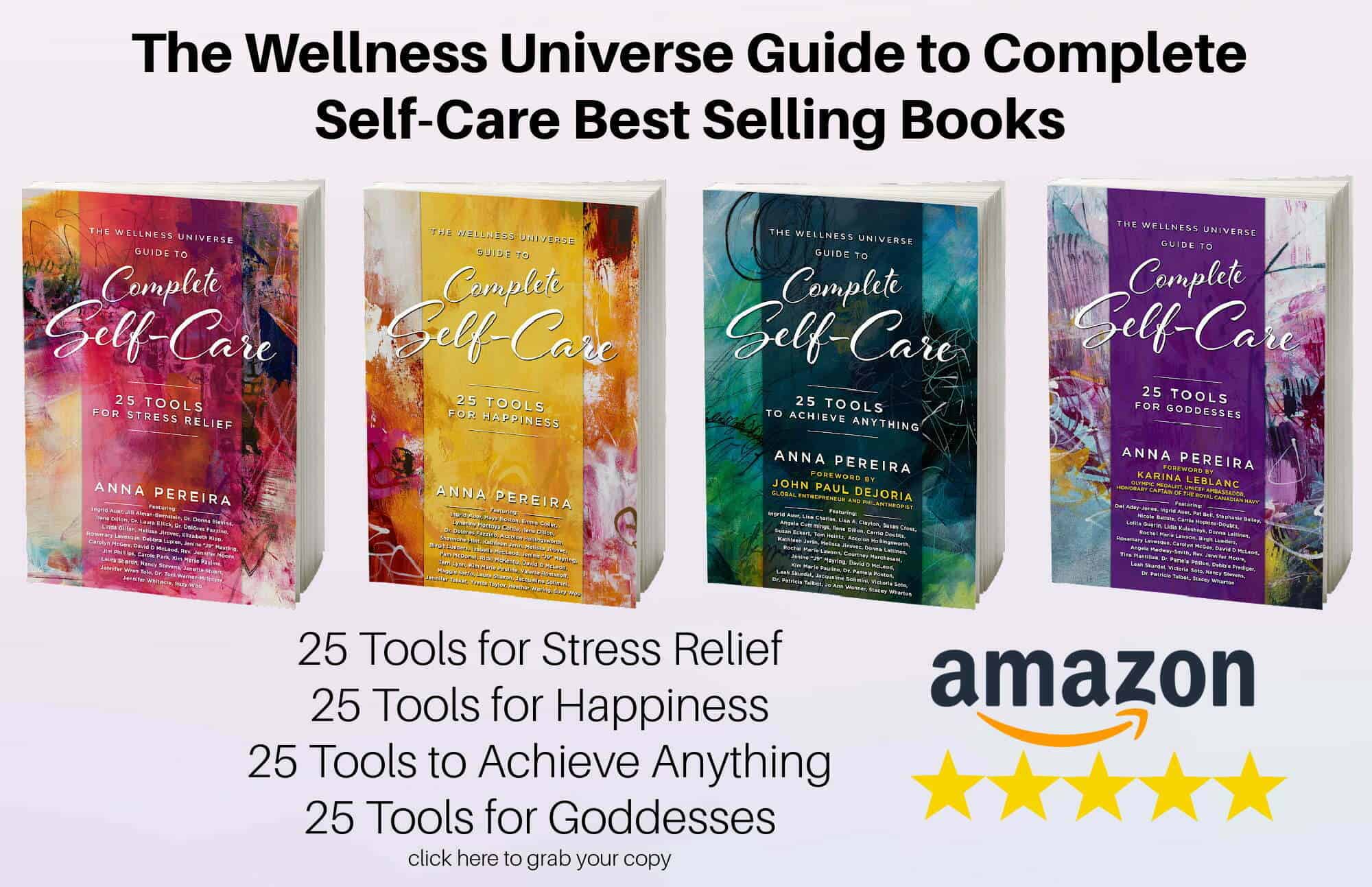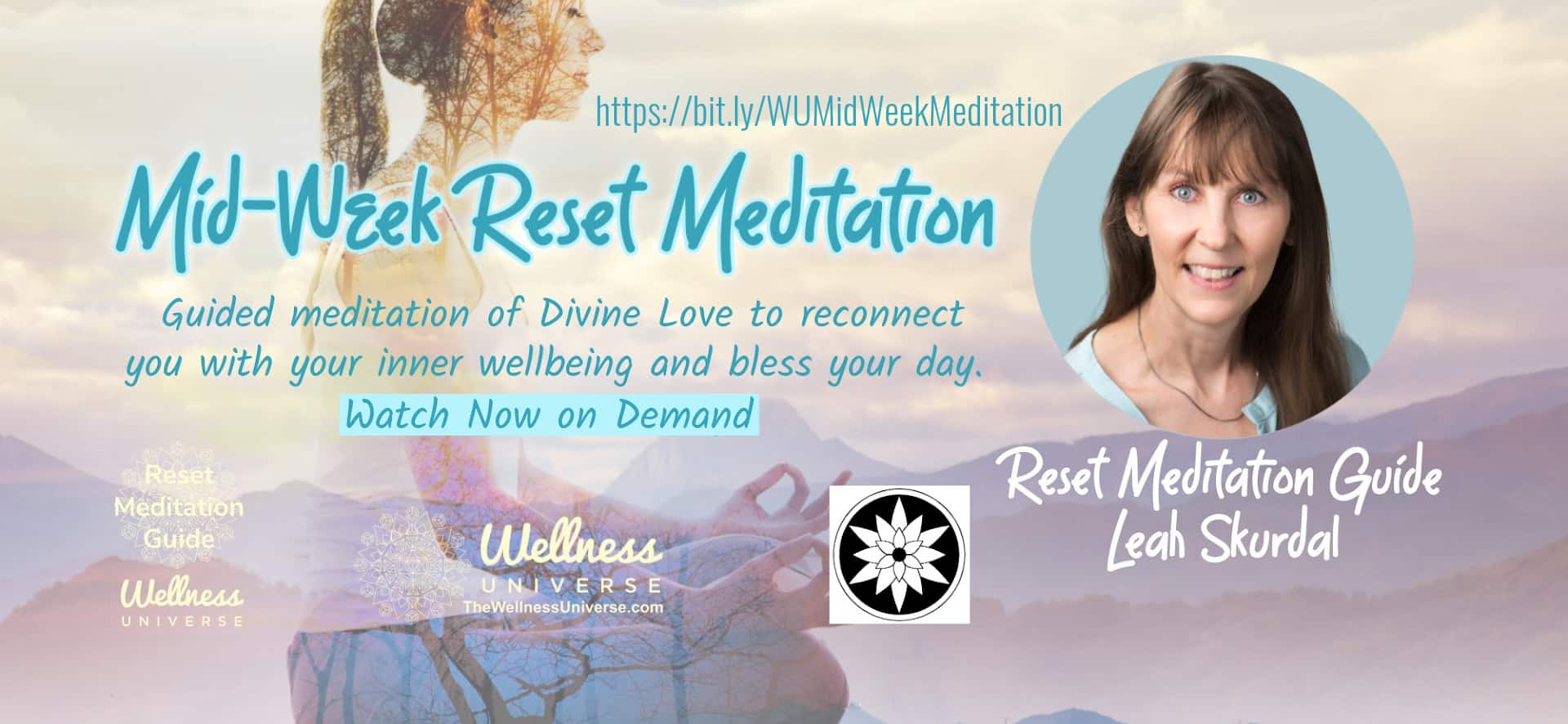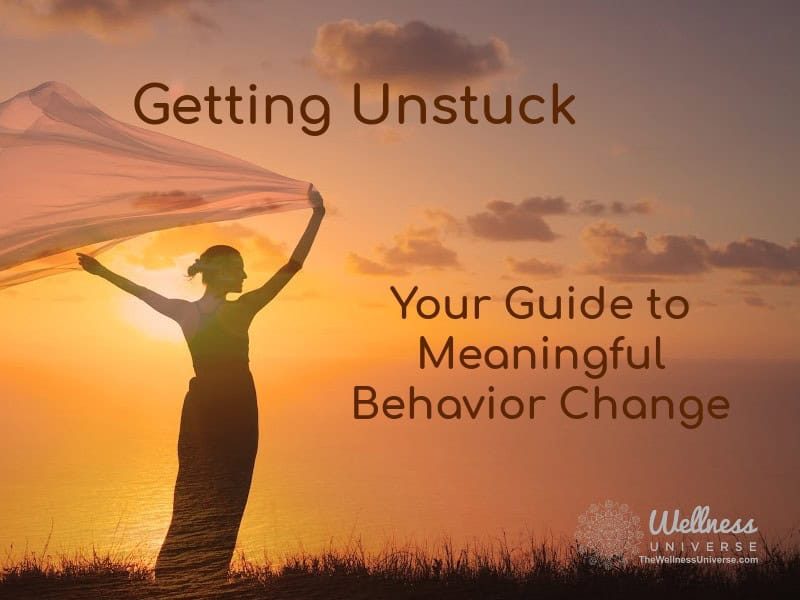The rise of consumerism and fast-paced lifestyles, combined with less time for activities such as gardening, have made clutter almost unavoidable, as anyone with closet overflow, a messy desk, or a bursting basement and garage can attest. The embodied detox of decluttering is as much about creating an environment that promotes embodiment as it is about keeping things tidy or ‘bringing order out of chaos.’
Clutter as a Distraction from Awareness
Clutter affects our physical environment as well as our mental and emotional well-being. When our surroundings are cluttered, it can be challenging to maintain a sense of focus and awareness, which are essential for embodied living.
Mental Overwhelm: Spectacles and clutter stimulate our senses continuously and make us feel on edge. Feeling constantly bombarded with random stimuli causes stress, anxiety, and even mental burnout.
Disorganization: A cluttered environment can often reflect an untidy mind. When our physical spaces are chaotic, it’s challenging to concentrate and be productive. We might spend more time hunting for things or feel distracted by the mess, preventing us from being focused, efficient, or productive.
Drained Emotions: Stuff can drain emotions, too. Feeling guilt, shame, and frustration can be easy when surrounded by stuff that doesn’t need to be there. It can feel like we have too much stuff, like we’re carrying too much, leading to feeling stuck or carrying a heavy burden.
Decluttering as a Path to Embodied Living
Whatever they are, the real benefits of decluttering come from the process itself, not the result of putting things away. Reducing clutter is a tool to help us become more embodied and mindful, making room both in our minds and in our relationships with others.
Clearing Space for Awareness: Through decluttering, we have less to distract us. We can create a quiet, safe space to breathe and be attentive to the moment before us. When physical space is clear, we can make room for our senses and awareness in the moment. This is the first step in healthy embodiment: being in the moment.
Increases concentration and productivity: Reducing clutter enhances focus. Being in an environment with fewer distractions amplifies concentration, which improves productivity. This will ultimately increase confidence, motivation, and a sense of purpose in life.
Emotional emancipation: Getting rid of clutter not only makes room for new experiences, but if we use it that way, it also reduces mental stress connected with the objects we love. It helps us let go of parts of our past, hopefully teaching us new approaches to material goods: to appreciate what we have and be more content with and grateful for it.
Mindful Consumption: Decluttering encourages mindful consumption. In evaluating and removing our stuff and consumption habits, we think more carefully about what we buy, reducing our consumption and eco-footprint.
The Negative Effects of Clutter on the Environment
Clutter is not just a personal, private problem; when we amass stuff we do not need, there are profound environmental implications for producing, transporting, and discarding goods.
Waste generation: Clutter often causes more waste. Items no longer need to be in garbage bins, ending up in landfills. This is an outmoded concept of disposal. Household goods don’t decompose quickly and have become a significant problem for us, along with plastics and electronics, which can take thousands of years to decompose.
Depletion of resources: The manufacture of products requires materials, energy, and water. Accumulating useless stuff indirectly nurtures the depletion of these resources. For example, the textile industry alone uses a huge quantity of water and energy, and the constant need for new garments promotes the problem.
Pollution: The manufacture and disposal of goods release toxins and greenhouse gases into the air, water, and soil. This disrupts the balance of essential elements, water, and earth, impacting our health.
Practical Tips for Decluttering
It can feel overwhelming to start decluttering, but these helpful suggestions make the process much more manageable.
Start with a well-defined plan: Establish clear objectives for what you want to declutter and how. Whether it’s streamlining your closet or your entire home, create an Intention and vow to accomplish it.
Keep It Little: To start, pick one drawer. Pick one shelf. You will survive if you don’t conquer the living room on the first go around. This is a marathon, not a sprint; shorter races are more accessible to start.
Identify, Sort, and Categorize: First, identify all your items. Next, create categories such as keep, donate, recycle, and discard. Can you let go of anything?
Practice Gratitude: As you declutter, take a moment to say ‘thank you and farewell’ to an item ready for a fresh start elsewhere.
Maintain a Clutter-Free Environment: After decluttering, establish habits for maintaining clear spaces, including routines for assessing what is already in your space and making intentional decisions about what to bring in.
The emotional aspects of decluttering are profound and can significantly impact our mental and emotional well-being. Here are some of the critical emotional benefits and challenges associated with the process:
Emotional Benefits of Decluttering
Decluttering is not just about removing excess. It’s about conquering a challenge that, once overcome, fills you with a sense of achievement and empowers you to confront other hurdles in your life. This sense of accomplishment is a significant emotional benefit of decluttering; it instills a positive self-image.
Parting with items you no longer need is also a way of unburdening yourself from emotional ties, releasing you from emotional baggage. This can result in a lighter emotional load, fostering a sense of freedom and renewal. These emotional benefits can make you feel lighter and more positive.
Increased Focus and Clarity: A clutter-free space can enhance your ability to focus and think clearly. You can concentrate better on tasks without the distractions of unnecessary items and make more thoughtful decisions.
Enhanced Emotional Well-Being: Decluttering can improve your overall emotional well-being. It creates a sense of order and control in your environment, translating to a greater understanding of control in your life. This can lead to increased happiness and satisfaction.
Emotional Challenges of Decluttering
Attachment to Things: Many of us are emotionally attached to our stuff, making it difficult to part with the things we have. These things evoke memories, sentimental value, identity, or other feelings of significance. It’s important to remember that you are not alone in this struggle. Identifying these feelings and finding ways to honor these memories without keeping them can be constructive.
Some things are gifts or purchases you made. If you are hanging on to things out of guilt, remember that hanging on to stuff that doesn’t suit you doesn’t help you. Instead, focus on the relief and liberation that come with decluttering and how much better you feel now that you have let go.
Overwhelm: The sheer volume of stuff to clear can feel overwhelming. Breaking down the process into manageable chunks helps reduce this feeling. Celebrate the small wins as they happen to keep you going.
Fear of Regret: The fear of needing an item in the future can make it hard to let go. Trusting that you can live without these items and have the resources to acquire what you truly need can help mitigate this fear.
Strategies to Navigate Emotional Challenges
Mindful Reflection: Take control of your possessions by choosing an object you’re holding on to and contemplating why you’re keeping it. Does it serve an actual purpose, or is it connected to an emotional need? This type of question can empower you to make more deliberate choices about keeping or letting go of things.
Gratitude Practice: We can never emphasize our gratitude practices sufficiently. As you part with your possessions, express your gratitude for them. This can help you feel more appreciative and respectful towards your items during the process of letting go.
Support System: Having a support system is invaluable. Whether it’s a friend, family member, or professional organizer, having someone to share the journey with can provide the emotional support and encouragement you need to persevere.
Focus on the Plus Side: Keep in mind the reasons for your decluttering journey. Envision the serene, organized space you’re creating and how it will enhance your life. This positive outlook can propel you forward and help you stay focused on the ultimate goal.
Decluttering is not just a physical act; it’s an emotional journey that can lead to profound personal growth and transformation. By addressing the emotional aspects of decluttering, you can create a space that supports your well-being and fosters a deeper connection to yourself. Embrace the process with compassion and mindfulness, and you’ll find that the benefits extend far beyond a tidy home.
In this three-part Embodied Detoxing series, we first explored detoxing our bodies from alcohol and offer you the chance to do that with “Sober September, a 30-day Challenge.”
For support in your Sober September 30-Day Challenge, join Bonnie in the Wellness Universe Lounge on August 28th at 12:00 pm EDT to kickstart your journey towards a month of sobriety.
This 60-minute session will help you establish your purpose, set achievable goals, and discover practices to maintain commitment throughout the month. Learn strategies to navigate social situations, practice mindfulness meditation for resilience, and map a personalized plan for success. Embrace the opportunity to reconnect with your body and mind, and experience the freedom and clarity that sobriety can bring.
Learn how to resist cravings during your Sober September journey by joining Bonnie in the Wellness Universe Lounge on September 12th.
In this supportive and empowering session, we will explore the transformative power of EFT (Emotional Freedom Techniques) to help you manage and overcome cravings. Whether you’re taking part in the Sober September challenge or seeking tools to resist any type of craving, this class is designed to provide you with practical techniques and emotional support.
Connect with Bonnie on The Wellness Universe.
You can also follow Bonnie on Facebook and Instagram.
Resource
All information, content, and material are for informational purposes only and are not intended to serve as a substitute for the consultation, diagnosis, and/or medical treatment of a qualified physician or healthcare provider. The information supplied through or on this page, or by any representative or agent of The Wellness Universe, is for informational purposes only and does not constitute medical, legal, or other professional advice. Health-related information provided through this website is not a substitute for medical advice and should not be used to diagnose or treat health problems or to prescribe any medical devices or other remedies. The Wellness Universe reserves the right to remove, edit, move, or close any content item for any reason, including, but not limited to, comments that are in violation of the laws and regulations formed pursuant to the Federal Food, Drug, and Cosmetic Act. None of the posts and articles on The Wellness Universe page may be reprinted without express written permission.
Mid-Week Reset Meditation
Pause with us to realign with your higher consciousness. The collective consciousness of our group will amplify your experience and facilitate reconnecting to your natural inner wellbeing to navigate life’s challenges with grace, flow, and ease.
Catch the replay – https://bit.ly/WUMidWeekMeditation

See how our self-care books are helping thousands of people around the world. Digital and paperback books are available now.
Connect to the people that help you live your best life: The Wellness Universe

Bonnie Sheldon, an EFT Master Trainer and Somatics expert and guides professionals in achieving stress relief and mindfulness through body-mind integration. Her programs promote self-care, ensuring workplace wellness and success without sacrificing personal well-being or relationships.





